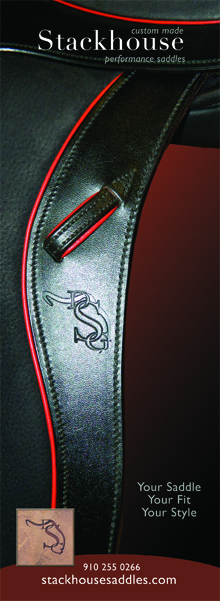Search the Site
Guest Blog post # 90: "Fancy But...." by Bill Woods
As I look back on the hundreds of blog posts I have written, one recurring theme is the need to be clear and definite in the way you communicate with your horse . . . not to be passive, to be the Alpha, not just to ask but to be sure your horse understands, responds, and is rewarded.
Now and then I meet a trainer who has not only taken that advice to heart but has doubled down on it to the extent that he (or she) needs to dial it way back. I met a guy who came to a pre-show clinic with a very talented, exotic young horse. And the guy had a seat. He had available strength. But he rode the horse against a fixed hand and with a short neck. In his mind expression – even flamboyance — was everything. And unfortunately there are judges who are willing to reward that despite serious holes in the horse’s training. This horse could make Totilas– like extensions with his forelimbs nearly parallel to the ground. And he could cover massive amounts of real estate in his medium trot and canter. Could he make a clean simple change? No, he would fall out of the canter against the hand and jig in the walk steps. Did his outline ever lengthen when he was asked to extend? No. And the leather fibers of the reins always looked stressed, never neutral. The horse was quite steady otherwise, not showing active resistance.
And the guy sat very still – no overtly exaggerated aids. But to me there was no harmony therefore the so-called “expression” he so coveted was seriously devalued. This rider was fairly young and tended to believe himself more than my advice. His concept of engagement and uphill balance reminded me of putting your thumb over an open pop bottle and shaking it like crazy. Agreed, a harmonious picture should by no means lull you to sleep, but the version cg of expression he wanted to show was so lacking in Quality that it made me feel bad for the horse. Indeed, had he not been such a fine mover and so levelheaded, this horse probably would have exercised his right to rid himself of the aggravation on his back.
I don’t mean to sound harsh, but it’s our job to preserve the goodwill of our horses and at minimum the semblance of something artful.






